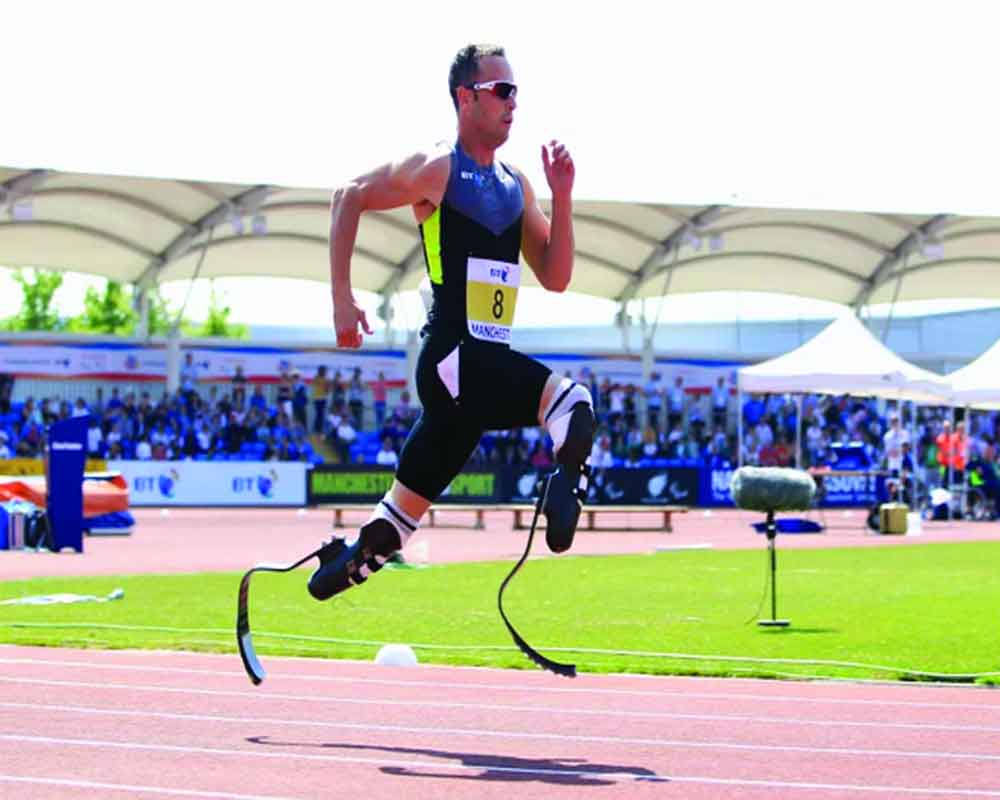The SC says disability and police jobs can go hand in hand but it must spell out the details
The Supreme Court merits appreciation for backing persons with disabilities to apply for jobs in India’s police forces. The court asked the Centre on Thursday to reconsider its stand on the issue. The court’s logic is that not all police jobs require personnel to perform field duties. Candidates with disabilities are suitable for taking up desk jobs and policy-making tasks. The three-judge Bench told the Centre: “Experiment with it for a while and if it does not work, then you may not continue with it.” This approach of the court needs amending. Applicants with disabilities expect the court to lay down the broad parameters of the recruiting process. The judiciary should also convince the Government and recruiters to change their mindset when dealing with candidates with disabilities. However, if the court treats the process as an “experiment”, it amounts to leaving the final decision with the Government on recruiting such candidates. We should draw inspiration from the Americans with Disabilities Act (ADA) which states that not every physical impairment is ground for immediate disqualification from employment as a law enforcement officer. The Disabled Police Association of the UK tells disabled applicants that “there are many aspects of policing where having a condition or disability will in no way hold you back”. The European Convention explains equal opportunities for disabled people that every person has an equal right not to be discriminated against.
It does not mean that a disabled person can serve the police force in any role. It “depends on the nature of the job and the individual’s capacity, and the extent of their disability”. These examples make it clear that giving a job in the force to a disabled person is not an act of charity but recognition of such a person’s natural right. The Supreme Court should now take the case to its logical conclusion and ask the Union Government to design the recruitment process for disabled candidates. The operating guideline is that recruiters cannot think that disabled people cannot do a job just because they cannot imagine how these people can do it. Joining the police force requires passing a rigorous physical test. However, nobody is asking for the test to be made easy for disabled candidates. The force can rightly refuse to hire a candidate whose impairment prevents the person from performing the job with “reasonable accommodations” made by the employer. Western guidelines are so encouraging that, for instance, the British police force does not allow disabled candidates to disclose any impairment in the application form. The police department is mandated to give the candidates a conditional offer of employment “before requiring them to undergo a medical examination”. The examination corresponds to the specific job function the applicants are being considered for. This gives the candidates a chance to prove the “flexibility, strength and range of motion” the job requires. These candidates ask only for a reasonable chance.
























